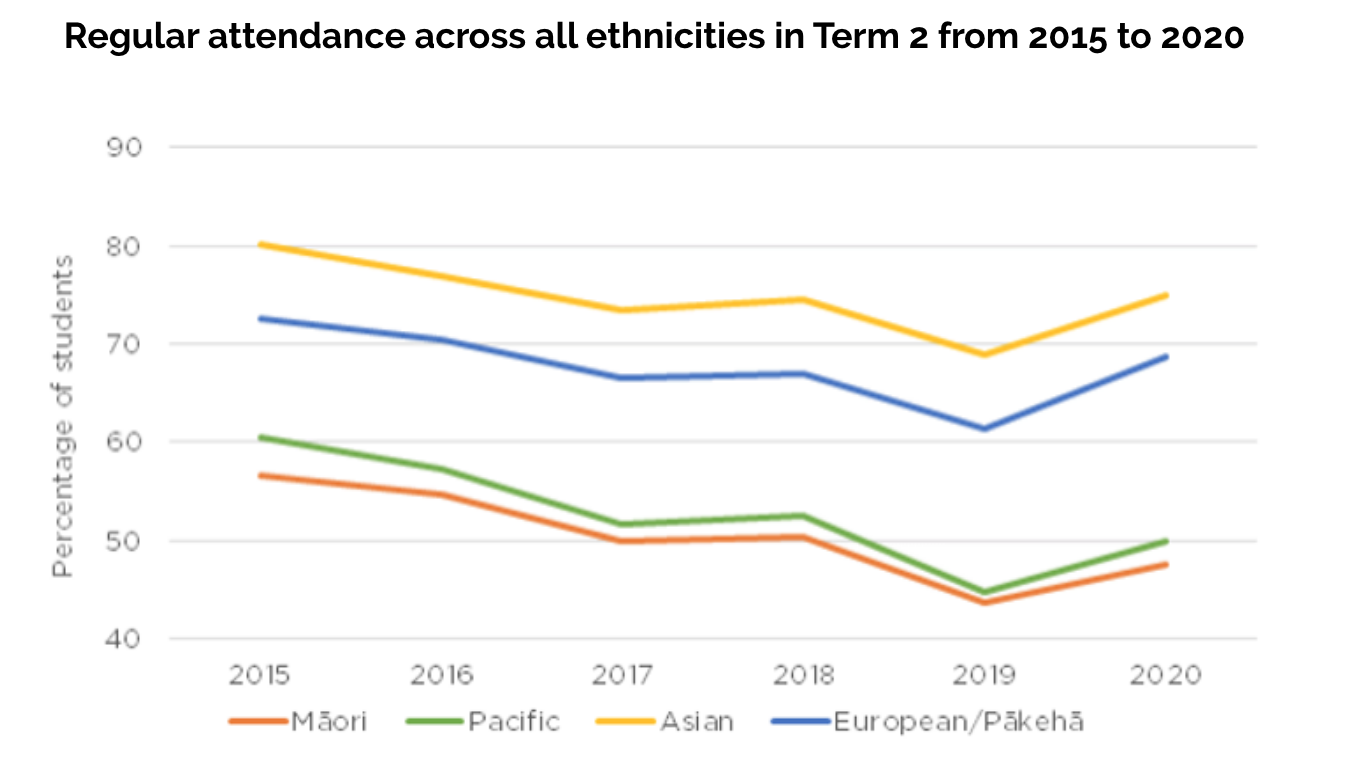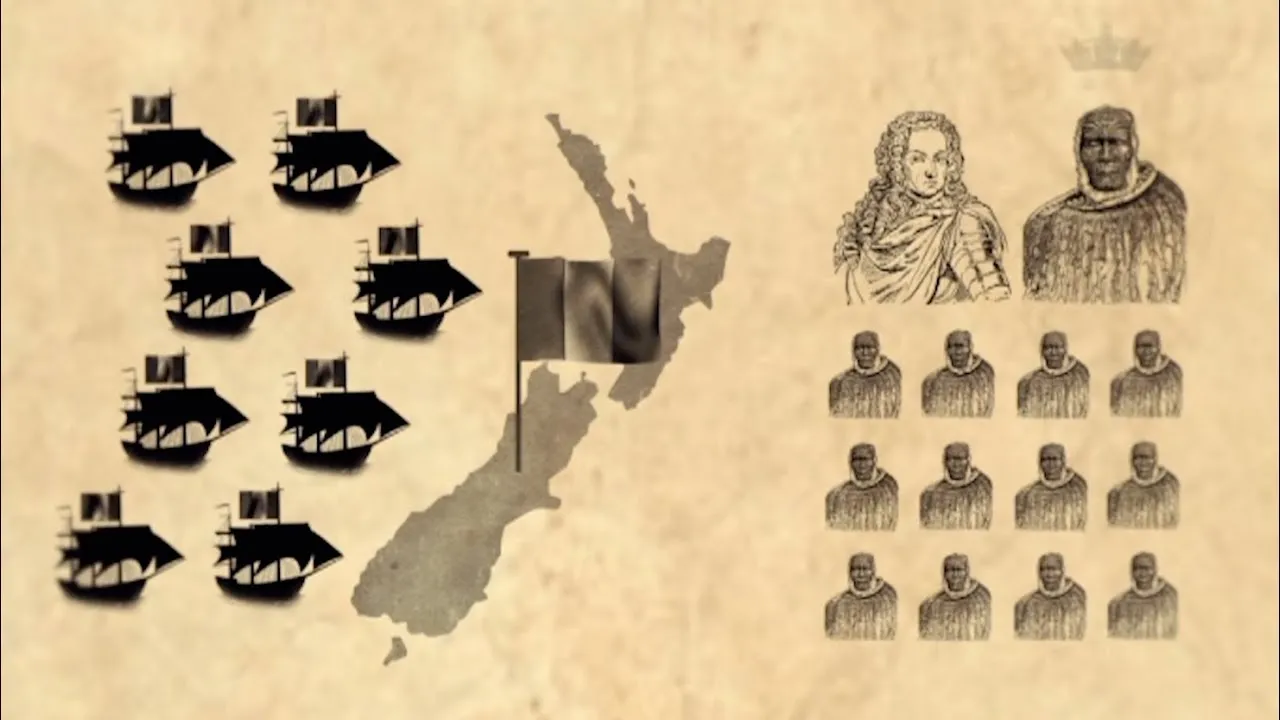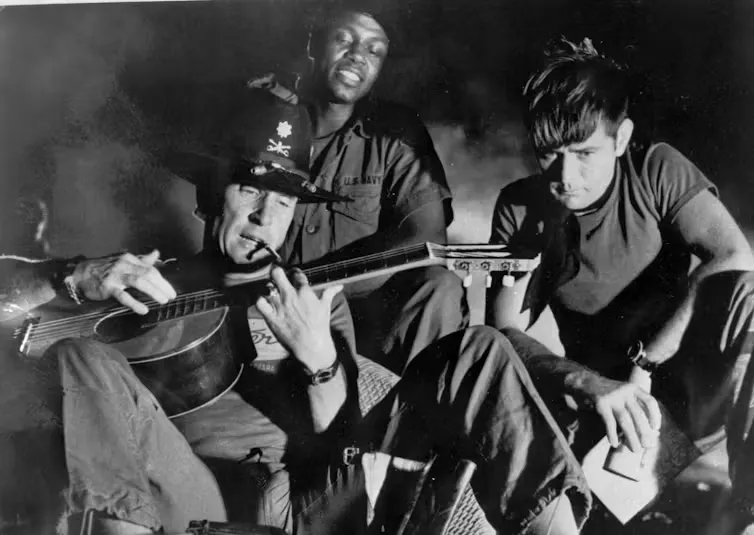Table of Contents
Michael Bassett
bassettbrashandhide.com
Political historian Michael Bassett CNZM is the author of 15 books, was a regular columnist for the Fairfax newspapers and a former Minister in the 1984-1990 governments
With Waitangi Day coming up, it looks as if we are to receive another dose of nonsense about the meaning of the Treaty. The website Stuff carries an article by Julian Wilcox who, it seems, is to co-host Radio New Zealand’s Waitangi Day coverage. It is full of the usual muddle-headed material about how the Crown has failed Maori with its education and health policies. Wilcox relies on a 2019 Waitangi Tribunal finding that argues for a new set of Treaty principles for New Zealand.
I’ll leave aside the fact that the job of the Tribunal, as set out in law, is to deal with existing Treaty principles, not to dream up new ones. From my decade served on the Tribunal I recall many people keen to invent new responsibilities for the Crown. No one ever seemed to feel that Maori had any need to improve their level of response to the opportunities that were already on offer.
For the Tribunal, and for Wilcox who parrots them, every improvement that is needed in Maori outcomes must come from the Crown and be funded by taxpayers. A cynic might think that it all sounds like a Maori expectation that all of them should have an armchair ride to equality with those who take education seriously, are prepared to work hard, improve themselves, and contribute towards the wider social advancement of our country.
A century ago, that inspirational Maori leader, Apirana Ngata, recommended to Maori that they improve their lot by adopting Pakeha practices like better education and hard work. As a result, Maori employment figures lifted, and birth control gradually began to be practised; Maori had fewer children, who were better educated and cared for as a consequence. Maori standards of living rose appreciably. The Hunn Maori Affairs report of 1960 noted that school attendance by Maori at that time was almost equal to non-Maori.
Surprisingly enough, sixty years later the Tribunal and Wilcox are telling us that the sorry state of Maori statistics today is the responsibility of the Crown. Governments, they say, should commit to “achieving equitable outcomes for Maori”. This is a physical impossibility. People are not born with equal abilities. Science, which too many Maori deride, tells us that DNA plays a major part in people’s developing abilities. Nurture, too, has a key role. Limiting family size to children who are wanted and can realistically be looked after, is also vital. And proper parenting which means ensuring that one’s children are immunised, adequately fed and clothed is another part of any quest for equitable outcomes in life.
These days on any normal school day more than 40% of Maori children are truants from school. Can the Tribunal and/or Wilcox explain to the rest of us how the necessary education to achieve equitable outcomes for Maori can be reached by the Crown alone? Is there no parental responsibility in their world?

Some Maori radicals imply that more control of the school curriculum and compulsory te Reo would bring their disenchanted youth to the classrooms of the nation. But decades after Education department bureaucrats sought to involve Maori in course design, school attendance figures are only getting worse. Easy welfare payments after 1974 with the removal of any requirement by the absent father to contribute to the welfare of his offspring have only made things worse.
What seems obvious to me is that the radicals are now a couple of generations too late with their solutions to Maori underachievement. We live in a world where there are no full Maori left. Very few half-castes either.
No matter how many women moko their chins and mix Maori words into their everyday language, no amount of commitment to expenditure on tikanga and kaupapa Maori services will guarantee equitable outcomes for Maori.
What is needed is a major campaign, preferably led by modern Maori Apirana Ngatas, aimed at the drop-out 40% of Maori society. It must drill into young adults that a carefree approach to sex, neglect of parental responsibility and skiving off from school are cast-iron guarantees of failure. There aren’t, and never have been, short-cuts past these fundamentals to success. The Tribunal and people like Wilcox mislead Maori if they keep on preaching their failed nostrums to the effect that it is only a lack of willpower and money from the Crown that are holding Maori back.
Next week, as we recognize the signing of the Treaty, we should commit ourselves to an obtainable world of many cultures where Maori help Maori to make the most of the opportunities on offer to them. Pakeha must be ready to assist. Not by throwing bundles of cash in an unaccountable way to any organization claiming to provide Maori services, but by using our skills to augment the necessary efforts by Maori leaders who are prepared to work hard for their next generation.
Heading further off down the road to glorifying separate racial existence, new radical school agendas and more Mataraunga Maori are nothing but guarantees of further woeful statistics. Keeping on repeating the failed policies of recent decades and expecting better outcomes is the height of foolishness.









